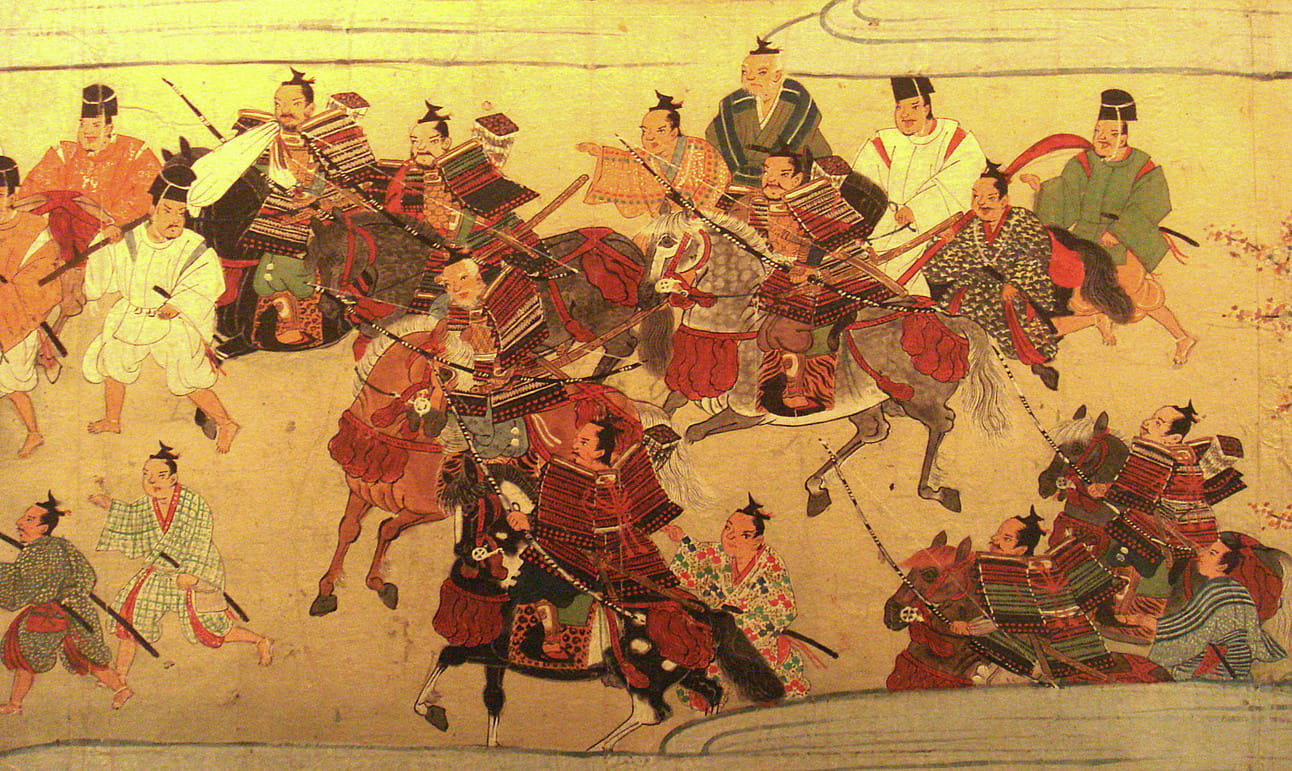Let’s play a game.
We’ll give you a word and you think of another word related to it.
Word: Samurai
Bet your related word wasn’t ‘African’.
But the world is a strange place, and there is actual historical documentation of a black samurai in 16th century Japan by the name of ‘Yasuke’.
He was brought to Japan as a servant for the Italian Jesuit missionary Alessandro Valignano. Yasuke was likely from Mozambique.
But he was soon noticed by lord Oda Nobunaga, a powerful feudal lord. He was reportedly amazed by Yasuke’s dark skin, towering height (6 feet or more), and formidable strength described as ‘having the might of ten men’.
Oda was so fascinated by Yasuke’s appearance that he had his skin scrubbed to confirm it was real. Satisfied, he granted Yasuke the status and privileges of a samurai, which included a stipend, sword, and residence.
He even made Yasuke his weapon-bearer and bodyguard, which was a role of great trust and honor.

During the Sengoku period, Japan was not a peaceful place. It's also known as the Warring States period, characterized by, well – wars. It was a century-long time of intense civil war and political upheaval.
Yasuke was not exempt from the chaos of war. He accompanied Nobunaga in military campaigns and was present during the Honno-ji Incident in 1582, when lord Nobunaga was betrayed and forced to commit seppuku.
Yasuke was entrusted to take the feudal lord’s head and sword to his son, which shows how much trust he had from the person he served.
Although there are no direct historical sources that describe Yasuke’s swordsmanship, but from his position as samurai and weapon-bearer we can assume that he was trained and competent in swordsmanship. His large stature and height was probably not a disadvantage either.
After Nobunaga’s death, Yasuke’s fate is blurry. He was captured by Akechi Mitsuhide’s (the general who betrayed Nobunaga) forces, then released to the Jesuits because he was not Japanese.
Beyond that point, there are no further historical records of Yasuke’s life or death. Some speculate that he may have remained in Japan or returned to missionary service, but this remains unconfirmed.

